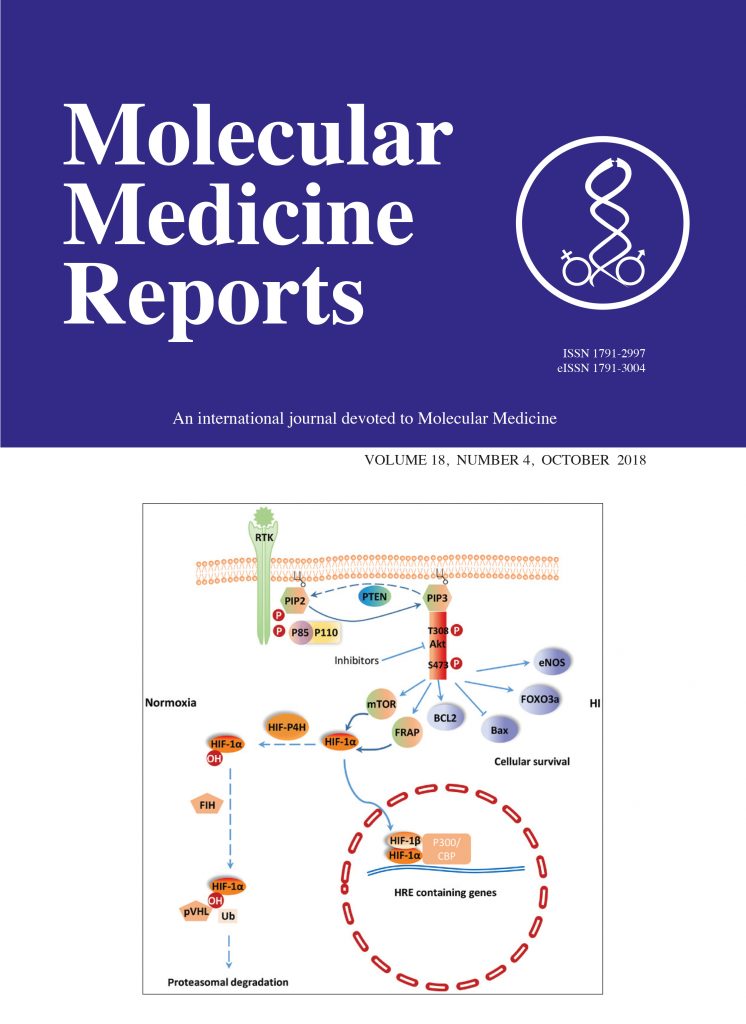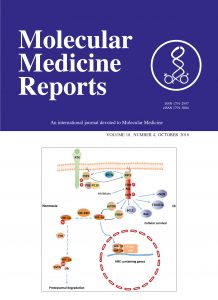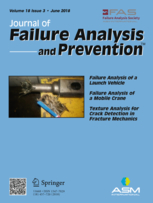
Note: This post has been updated.
Here’s an object lesson for scientists who find out they’ve been ripped off by other researchers: Taking matters into your own hands can produce results.
An aggrieved author’s doggedness led to the retraction of a 2013 paper that plagiarized his work, along with the revocation of a doctoral degree by one of the scientists responsible for the theft and sanctions against another.
We don’t often get the blow-by-blow, but in this case we have the details to share. The story begins in early 2017, when Andrew Boyle, a professor of cardiac medicine at the University of Newcastle, in Australia, noticed something fishy in an article, “Cathepsin B inhibition attenuates cardiac dysfunction and remodeling following myocardial infarction by inhibiting the NLRP3 pathway.” The paper had appeared in a journal called Molecular Medicine Reports, from Spandidos.
The article, published by a group from Shandong Provincial Hospital, contained a pair of figures that Boyle recognized from his 2005 article in the Journal of Molecular and Cellular Cardiology. One of the images had been altered, but the other was a patent duplication.
Boyle explained that: Continue reading Persistence pays off for plagiarized author: emails spur retraction, sanctions against researcher

 A group of materials scientists in China has earned 11 retractions and three corrections — so far — for image manipulation, duplication, deceptive authorship and other misconduct.
A group of materials scientists in China has earned 11 retractions and three corrections — so far — for image manipulation, duplication, deceptive authorship and other misconduct. 
 The maker of a leading over-the-counter antacid has withdrawn its application for approval of the drug in China because a clinical trial of the product in that country was marred by “major protocol deviations.”
The maker of a leading over-the-counter antacid has withdrawn its application for approval of the drug in China because a clinical trial of the product in that country was marred by “major protocol deviations.”

 The wheels of scientific publishing turn slowly … but they do (sometimes) turn.
The wheels of scientific publishing turn slowly … but they do (sometimes) turn.
 Irony machine, start your engine: A pair of engineers have lost a 2017 paper in the
Irony machine, start your engine: A pair of engineers have lost a 2017 paper in the 